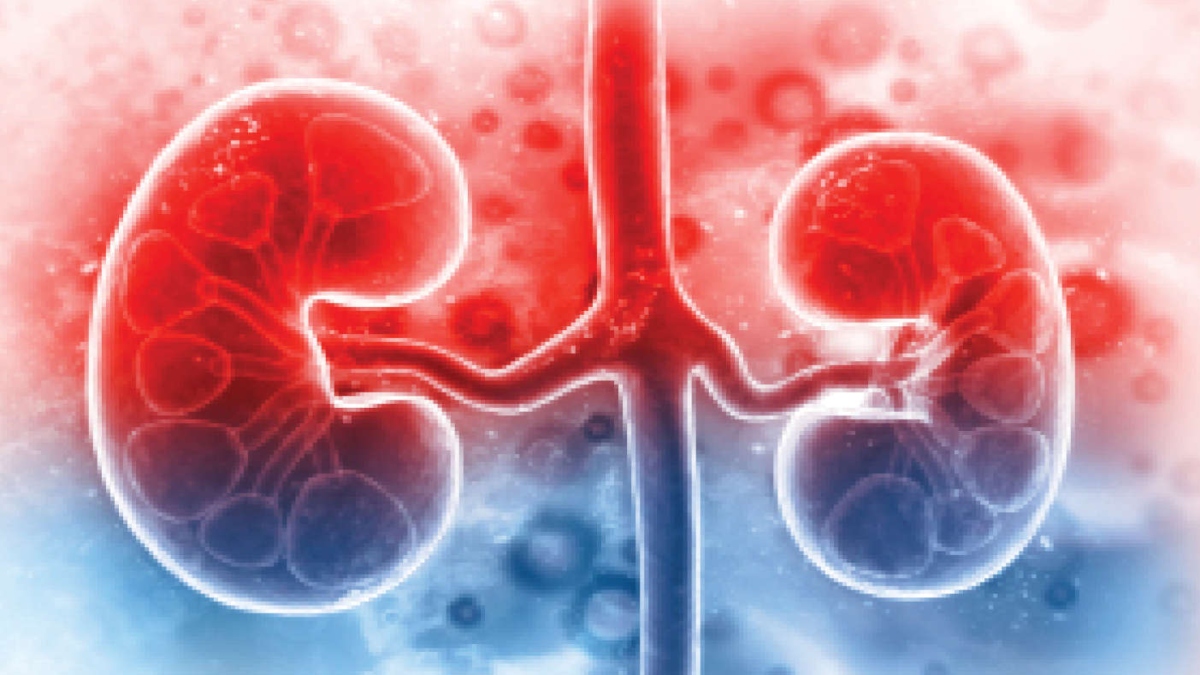The Kidney Function Test (KFT) stands as one of the most prevalent medical examinations, particularly crucial for patients grappling with heart disease, diabetes, and chronic kidney ailments to preempt potential dangers. This test gauges potassium and creatinine levels, aiding in the prevention of imminent risks. However, adhering to the conventional method of visiting hospitals for these tests can strain healthcare resources.
For individuals battling long-term illnesses, frequent hospital visits pose significant challenges, disrupting their daily routines and escalating the healthcare burden. Dr. Vishal Sehgal, President of Portea Medical, underscores the importance of facilitating kidney tests at home to alleviate these challenges.
The introduction of home-based kidney testing marks a revolutionary advancement in healthcare services, offering patients a convenient alternative to hospital visits. Particularly beneficial for those managing conditions like heart failure, diabetes, or chronic kidney disease, home testing can substantially enhance their quality of life.
Conducting kidney function tests at home is relatively straightforward, with kits available in the market enabling blood collection from the fingertip akin to diabetes testing. Some kits utilize urine samples for testing purposes.
While the convenience of home-based kidney testing is undeniable, it’s imperative to address potential challenges, notably ensuring the accuracy of results to enable patients to take appropriate actions based on reliable information.
To mitigate the risk of kidney diseases, the National Institute of Diabetes and Digestive and Kidney Diseases advocates adopting various preventive measures, including maintaining a diet rich in whole grains, low-fat, and low-sodium foods, consuming ample fresh fruits and vegetables, managing body weight, prioritizing adequate sleep, engaging in physical activity, refraining from smoking and excessive alcohol consumption, and effectively managing stress, diabetes, high blood pressure, and heart disease.
Disclaimer: This article provides general information and should not be construed as a substitute for medical advice or treatment. Always consult a healthcare professional for personalized guidance.






















